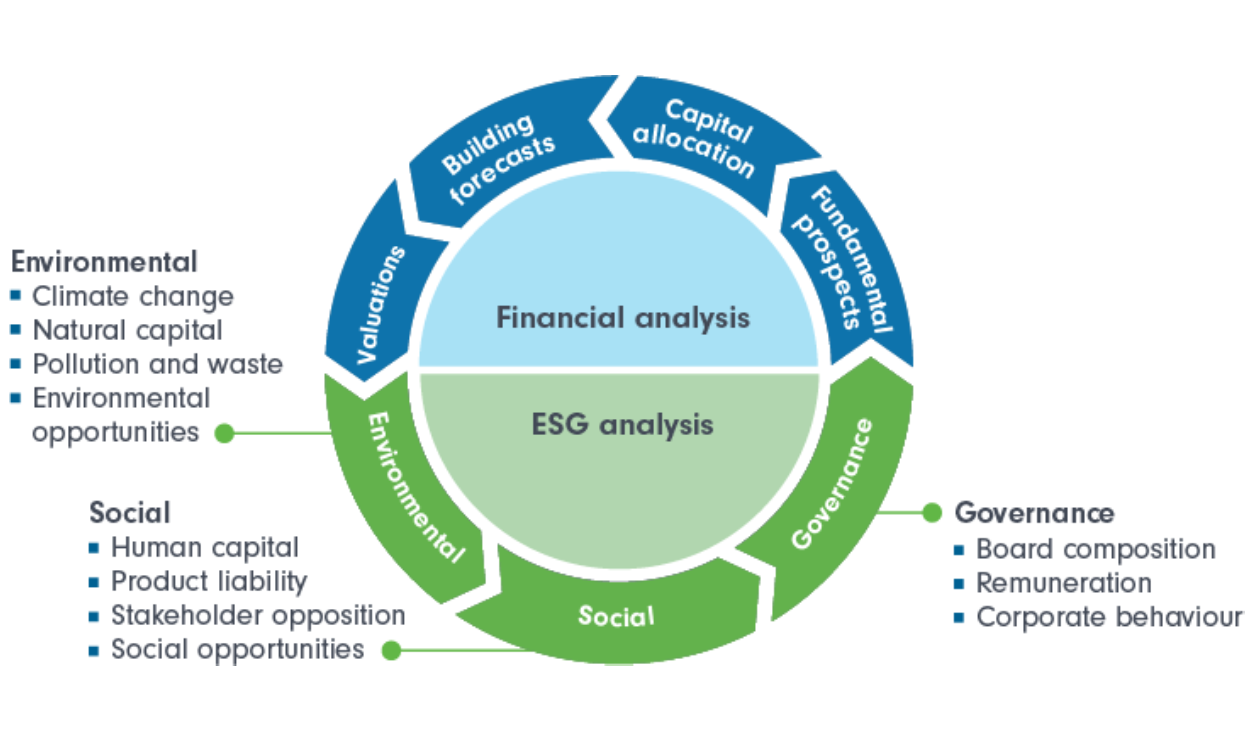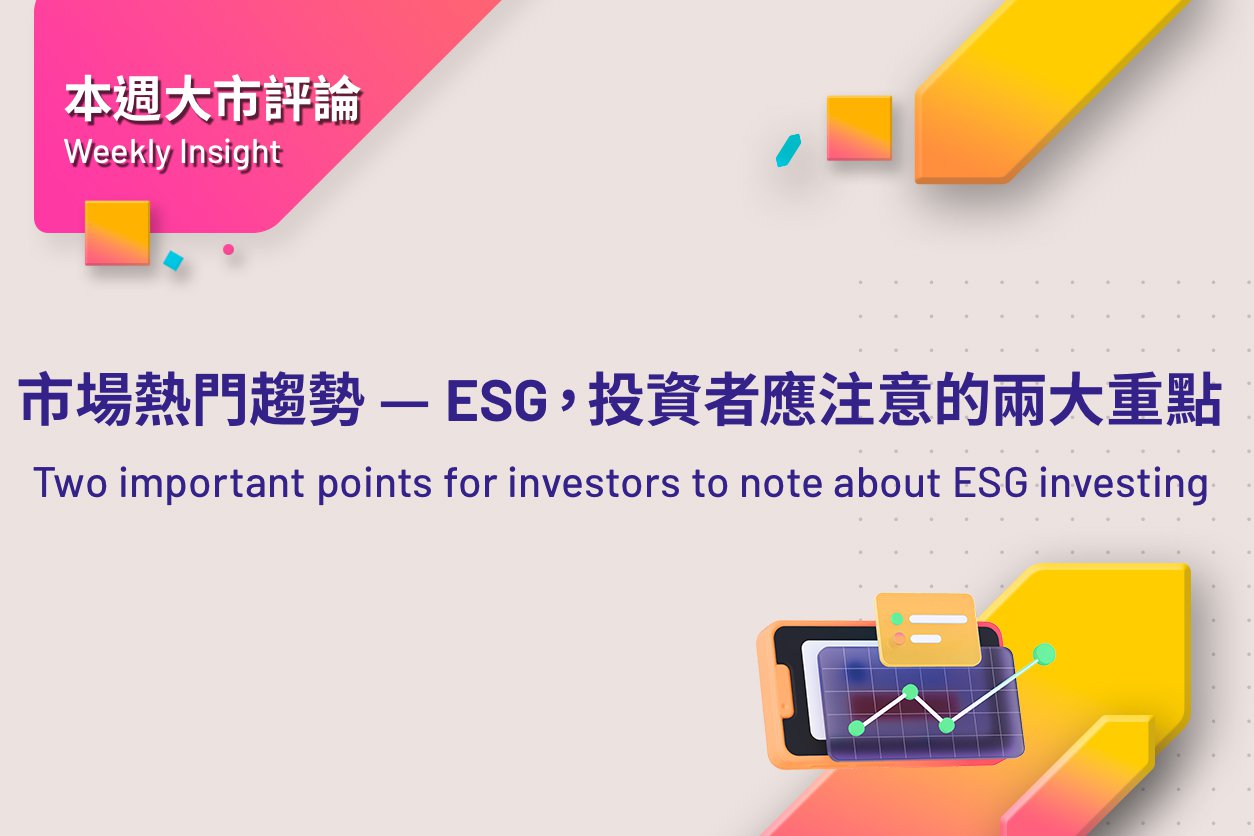 On the other hand, Allianz Global Investors (AllianzGI) has its ESG investment strategies including ‘Integrated ESG’, ‘Impact Investing’ and ‘Sustainable and Responsible Investing2:
On the other hand, Allianz Global Investors (AllianzGI) has its ESG investment strategies including ‘Integrated ESG’, ‘Impact Investing’ and ‘Sustainable and Responsible Investing2:- Integrated ESG: Review ESG factors and combine ‘Integrated ESG’ with due diligence and engagement across all asset classes (including equities, fixed income, multi-asset and alternative assets) to improve investment risk profiles to achieve better risk adjustments return later; make good use of analytical frameworks to examine a company’s ESG characteristics to manage tail risks and vulnerabilities.
- Impact Investing: AGI’s impact investing strategy has three core beliefs: the goal is to create positive value for society and the environment while striving for potential financial returns; there is a clear link between each investment and the results achieved; and a commitment to evaluation and recording. The impact of investment is to verify whether the investment strategy is effective.
- Sustainable and Responsible Investing: AllianzGI’s sustainable SRI strategy research is divided into four major areas. It uses proprietary SRI ratings and exclusion methods to evaluate ESG, aiming to create a sustainable investment portfolio, and conduct different investments in stocks, fixed income and multi-assets. AllianzGI is committed to providing "best-in-class" SRI strategies across asset classes.
- You may search ‘Fidelity Stainable Investing Approach’ on the internet for more details
- Source: ‘Key strategies for ESG investing’, Allianz Global Investors, as of Nov 2020
- You may search ‘Fidelity ESG Analyst Survey 2023’ to uncover more findings
This document is for general information only. The information or opinion herein is not to be construed as professional investment advice or any offer, solicitation, recommendation, comment or any guarantee to the purchase or sale of any investment products or services. This document is for general evaluation only. It does not take into account the specific investment objectives, financial situation or particular needs of any particular person or class of persons and it has not been prepared for any particular person or class of persons. The investment products or services mentioned in this webpage are not equivalent to, nor should it be treated as a substitute for, time deposit.
The information or opinion presented has been developed internally and/or taken from sources (including but not limited to information providers and fund houses) believed to be reliable by WeLab Bank, but WeLab Bank makes no warranties or representation as to the accuracy, correctness, reliabilities or otherwise with respect to such information or opinion, and assume no responsibility for any omissions or errors in the content of this document. WeLab Bank does not take responsibility for nor does WeLab Bank endorse such information or opinion.
Investment involves risks. The price of an investment fund unit may go up as well as down and the investment funds may become valueless. Past performance is not indicative of future results. WeLab Bank makes no representation or warranty regarding future performance. Any forecast contained herein as to likely future movements in interest rates, foreign exchange rates or market prices or likely future events or occurrences constitutes an opinion only and is not indicative of actual future movements in interest rates, foreign exchange rates or market prices or actual future events or occurrences (as the case may be).
You should not make any investment decision purely based on this document. Before making any investment decisions, you should consider your own financial situation, investment objectives and experiences, risk acceptance and ability to understand the nature and risks of the relevant product(s). WeLab Bank accepts no liability for any direct, special, indirect, consequential, incidental damages or other loss or damages of any kind arising from any use of or reliance on the information or opinion herein. You should seek advice from independent financial adviser if needed.
WeLab Bank is an authorised institution under Part IV of the Banking Ordinance and a registered institution under the Securities and Futures Ordinance (CE Number: BOJ558) to conduct Type 1 (dealing in securities) and Type 4 (advising on securities) regulated activities.
This document is issued by WeLab Bank. The contents of this document have not been reviewed by the Securities and Futures Commission in Hong Kong.

